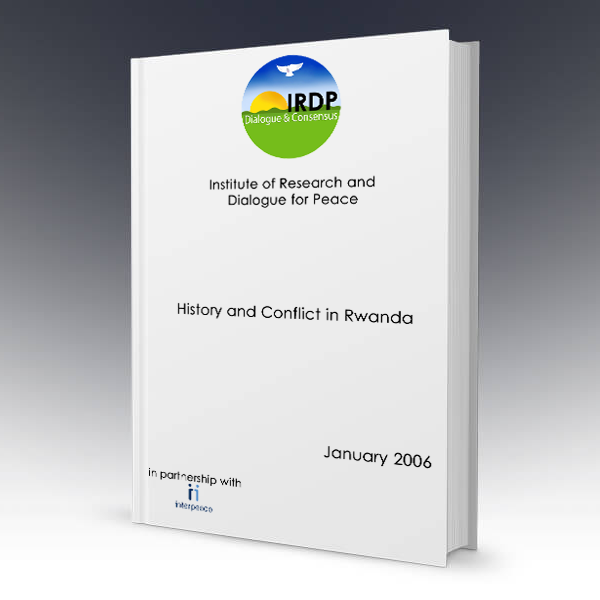INTRODUCTION
The history of Rwanda, like that of other colonized countries, has been wrongly interpreted and distorted by travelers, explorers, missionaries and historians who had little or no knowledge at all about the areas they were discovering. They were simply interpreting their newly found realities under the light of previous discoveries or in comparison with the situation in their own countries. For the colonizers, both Belgian and German, these interpretations were adopted as fundamental principles of their political system, especially the ‗divide and rule‘ principle that was adopted in Rwanda as the ideological ethnocentric basis upon which they gave simplistic explanations for the rather complex realities they found in the country. The leadership structure of the Rwandan social organization that they described was basically a reflection of the European system that they left at home. That is why the history of Rwanda, written and taught, played a significant role in the internal conflicts Rwanda endured.
The starting point was the theory on the origin of Rwandans, which was based on differences between the three groups making up the Rwandan society. First of all, the colonizers interpreted the socio-political system they found in terms of Batutsi, Bahutu and Batwa ethnic groups. They represented the Batutsi as a class of smart people that was naturally fit to rule. A chronological order of land occupation by the three ―ethnic‖ groups was later used as an intellectual basis for the exclusionist ideology and the denial of citizenship to Tutsis, which led, among others, to genocide.


There are no reviews yet.